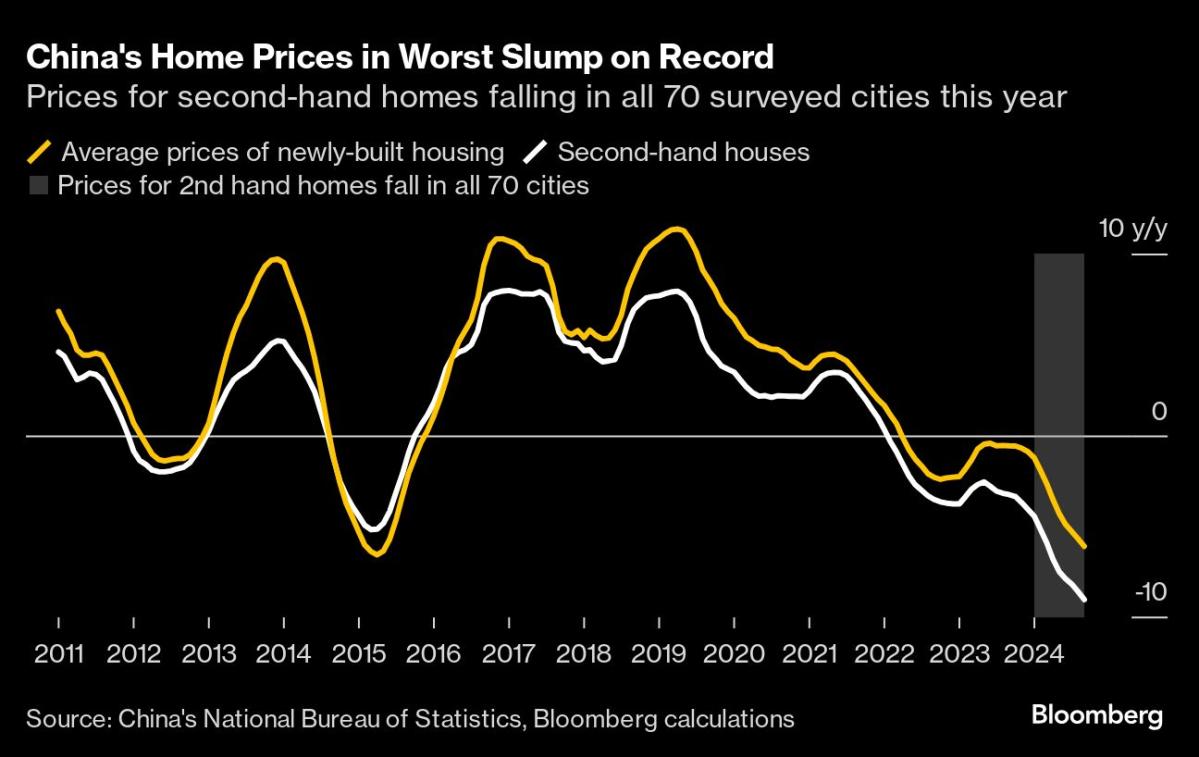The writer is author of ‘Homelands: a Personal History of Europe’
As president Volodymyr Zelenskyy seeks support for his “victory plan”, there’s a growing understanding in western capitals that our Ukraine policy needs to evolve. The crucial next move is for Washington to commit to Nato membership for Ukraine, with the alliance’s Article 5 mutual defence provisions covering those parts of the country that Kyiv controls.
This is known in shorthand as the “West German” solution, so it’s worth spelling out similarities and differences with Germany’s position after 1945.
Germany was divided because Germany had started the war. Ukraine would be divided because Russia started the war. Germany’s top war criminals were put on trial in Nuremberg. Vladimir Putin and his henchmen are unlikely to stand trial any time soon. The historical starting point and moral balance sheet could not be more different.
Germany was divided along clear lines agreed by the victorious second world war allies. Anglo-American forces actually withdrew to those lines from territory they had initially occupied in 1945. There are no agreed lines in Ukraine.
From the start, there were large numbers of western boots on the ground in West Germany. In Ukraine, there are currently no acknowledged western boots on the ground (although quite a few sneakers).
East Germany was heavily Sovietised but still a separate state. It remained, as I can testify from personal experience, very German. The Russian-occupied parts of Ukraine, by contrast, are being brutally Russified. Putin claims them as new provinces of the Russian Federation. The probability of a future Russian leader returning these territories to Ukraine through a peaceful negotiation, as Mikhail Gorbachev did East Germany to the west, is not high. This is agonising for all Ukrainians, and horrendous for those still living in the occupied territories. Western policymakers would not talk so lightly about the need for “territorial compromise” were it a matter of ceding, say, Florida from the US, Baden-Württemberg from Germany, or Wales from Britain.
West Germany joined Nato in 1955, just six years after the alliance was formed, and co-founded the European Economic Community in 1957. Ukraine is now a candidate for membership of the EU and accession talks are proceeding. But if the West German analogy is to be anything more than a fig leaf for western retreat, the EU needs to be complemented by Nato, the US-led security alliance. For security is the key. Without security, Ukrainians abroad will not return to rebuild their devastated country, investment will not flow to finance reconstruction, and there will be no stable government to make the reforms needed to enter the EU.
Gut-wrenching though a de facto loss of territory would be, 47 per cent of Ukrainians told pollsters for the Kyiv International Institute of Sociology this May that, if it were counterbalanced by adequate funding for economic reconstruction and membership of both the EU and Nato, this could, albeit with difficulty, be accepted as a compromise to end the war.
Nothing will happen before the US presidential election on November 5. If the victor is Donald Trump, all bets are off. A transition from Joe Biden to Kamala Harris, however, would provide a golden opportunity to signal this shift.
Significantly increased military aid would be needed over the next year to stabilise the front line and put Russia militarily on the back foot. Putin will not stop if he thinks he’s still winning. Air defences for vital national infrastructure, including nuclear power stations, could be a concrete first step. It would be a long haul to get all 32 members of Nato to ratify this enlargement, so transitional military commitments from major European allies would be essential. France and Britain are already discussing this at the highest level, but pivotal is Germany, Europe’s central power.
While back channels to your enemies are always useful, any serious formal negotiation with Russia probably comes later. It might even be years away. After all, the final peace negotiation for post-1945 Germany only happened in 1990. But as cold war history shows, de facto arrangements can end up lasting a long time and even be quite stable.
The obstacles down this path are formidable. But consider the alternative. A defeated, divided, demoralised, depopulated Ukraine, pulsating with anger against the west and — as Zelenskyy hinted last week — probably seeking to acquire nuclear weapons. Moscow triumphant. The rest of the world concluding that the west is a paper tiger. Xi Jinping encouraged to have a go at Taiwan. Biden and Harris going down in history as the leaders who “lost Ukraine”. There is a better way.








































































































































































You must be logged in to post a comment Login